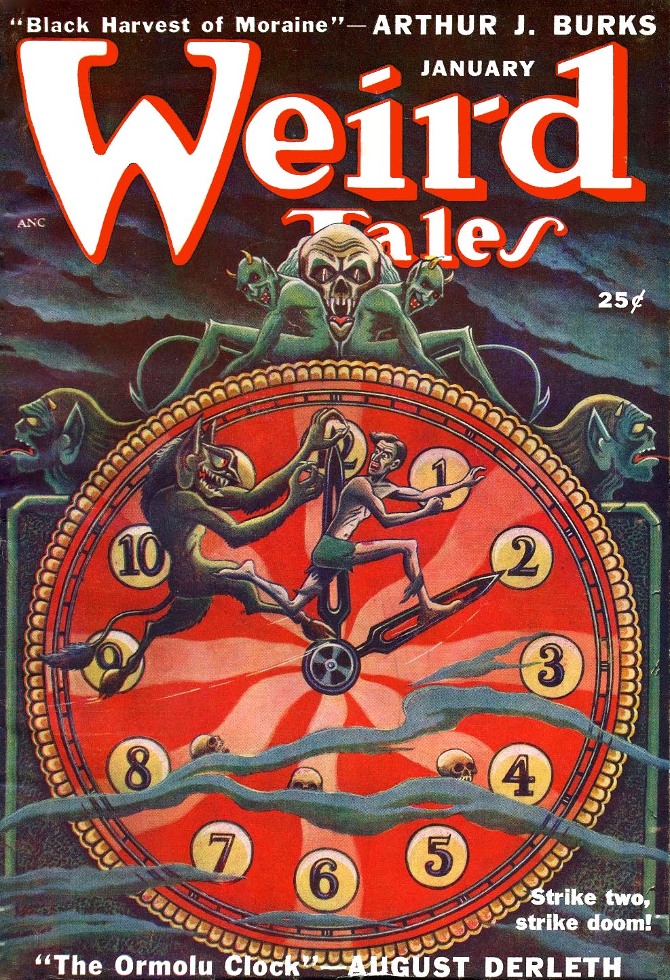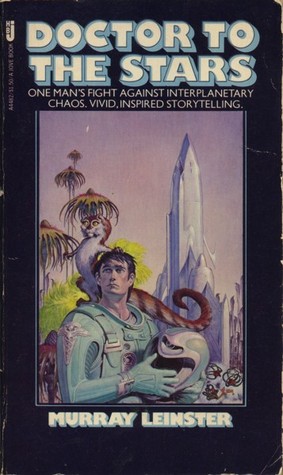Interesting article. If the Short Story is truly dead does that mean an Author like me who can only write Short Fiction will be restrained to the fringes of Science Fiction? If that is the case I guess that’s not entirely a bad thing, fame and fortune are overrated anyways.
Nicholas, it may be hard to get into an anthology or publish your own short story collection but the option for Kindle short reads is out there. If you take the KU route you have a very low threshold to overcome to make a sale. Once you have readers and reviews the other paths may well open up to you.
https://www.amazon.com/b/ref=sr_aj?node=8584457011&ajr=0
Honestly, I’m not paying a buck or more for a 30 page story so to sell to me KU is essential.
-
I’m pretty sure the article had more to do with reaching readers than on getting published but I could be wrong, Mr. James can always correct me.
-
Sell what you can to magazines. That will build up some name recognition and get you some readers. When the rights revert, take the stories you’ve already published and pair them with some unpublished stories and release it as an anthology.
Fans will buy it for new stories and to have old stories readily available, and word of mouth will spread from fans who’ve read your magazine stories to readers who might pick up an anthology even if they’re not buying magazines.
The reason for the short story’s disappearance is simple: it no longer pays, and they’re no longer read widely, their function usurped by film.
-
But there were movies from the ’30s to the ’80s too, and the short story did fine. As for “it no longer pays”, that’s entirely true, but I think the question that has to be asked is “why doesn’t it pay anymore?”. I think the answer to that is the narrowing of the SF market, the decline of magazine publishing, and changes to the publishing industry in general.
The 70s strike again. Changes in the market a nuked backlog thanks to tax law, and the replacement of writers as editors by university students killed off the short story.
Vlad
That’s very sad. Do you see any possible revival or it the sci fi short story dead?
I’m assuming that it can be a niche where aspiring authours can write short stories and post them in a dedicated forum.
The readers and other writers could then constructively critique the stories.
Eventually the realky good one could then be encouraged to go to the magazines or to Kindle
xavier
I think if you like writing short stories, your best bet is to see if there is anyone publishing them; Cirsova magazine for example.
Personally I will pay a dollar or so for an extended short story, Novella if you like, I quite like them.
In this day and age marketing is indistinguishable from writing. You must do both. You must work on building a reader base. It isn’t optional.
I would like to respectfully take issue with your assessment of Leinster. Not regarding his novels, I agree with you there, but I think you’ve underestimated his skill as a short fiction writer. DOCTOR TO THE STARS isn’t the best place to start. Try “Sidewise in Time”, the story the Sidewise Award is named after. “Exploration Team” won one of the first Hugos, back when the award meant something. There are reasons why stories like “A Logic Named Joe” (first appearance in SF of the internet), “First Contact”, and “The Strange Case of John Kingman” are considered minor classics in the field.
Leinster started writing SF before there were dedicated SF pulps, with his first story preceding the appearance of AMAZING STORIES by several years. He supported himself by writing for the pulps, and not just SF. Yes, some of his output is subpar, but when he was hitting on all cylinders, he could really hit. I would suggest the NESFA andthology FIRST CONTACTS: THE ESSENTIAL MURRAY LEINSTER. If the price (it’s a hardcover) is a bit steep, the Del Rey THE BEST OF MURRAY LEINSTER has many of the same stories.
I agree completely with your thesis that short stories are the lifeblood of the field. It’s rare that I read a short story from before the 90s that I don’t like. There is plenty of entertainment in the old pulps and digests. An aspiring writer can learn a lot from reading them.
H.L. Menckin was buying and praising his writing while Leinster was in his early twenties– And that would be in the late 1910’s.
His first published SF story was in 1919. While not great literature, “A Thousand Degrees Below Zero” is a solid ‘hard’ extrapolation.
At the back of his biography (written by his daughters and called THE LIFE AND WORKS OF MURRAY LEINSTER) there is a listing of his published work printed in very small type. And it goes on for twenty pages! Using Amazon’s ‘Look Inside’ feature, one can browse almost all of those twenty pages, a grand summary of the 50-year output of The Dean of Science Fiction.
It would be easy to revive the short story market for speculative fiction. But it would cost money and require coordination and consolidation of effort, so it seems unlikely to happen anytime soon. Maybe in a decade or so.
 Frequently, fans of the genre will lament that science fiction is dead. I strongly disagree; there are still talented, imaginative writers producing worthwhile, even great work. But in one regard, they are correct. Aside from a faint glimmer here and there, the science fiction short story has been snuffed out.
Frequently, fans of the genre will lament that science fiction is dead. I strongly disagree; there are still talented, imaginative writers producing worthwhile, even great work. But in one regard, they are correct. Aside from a faint glimmer here and there, the science fiction short story has been snuffed out.